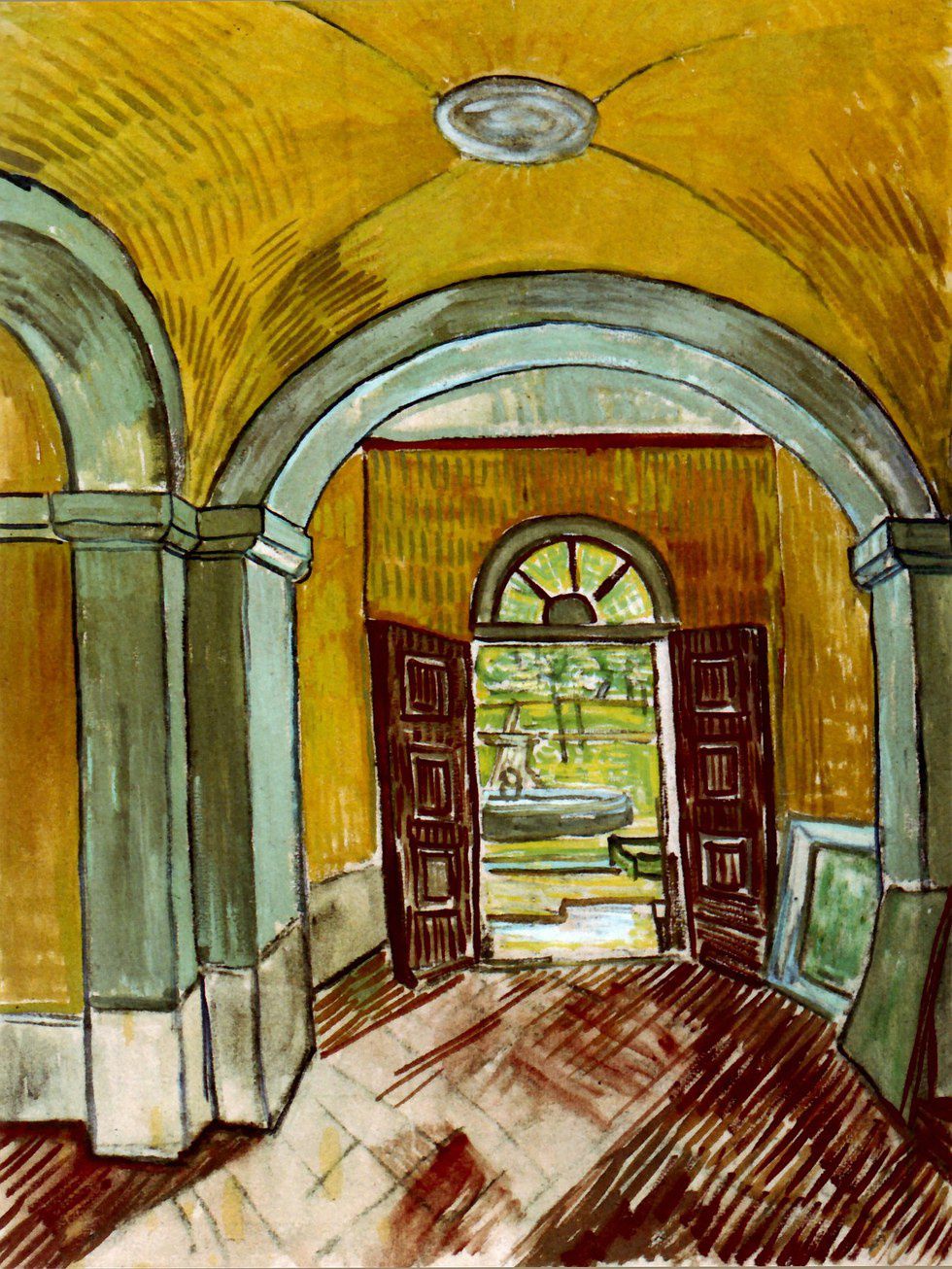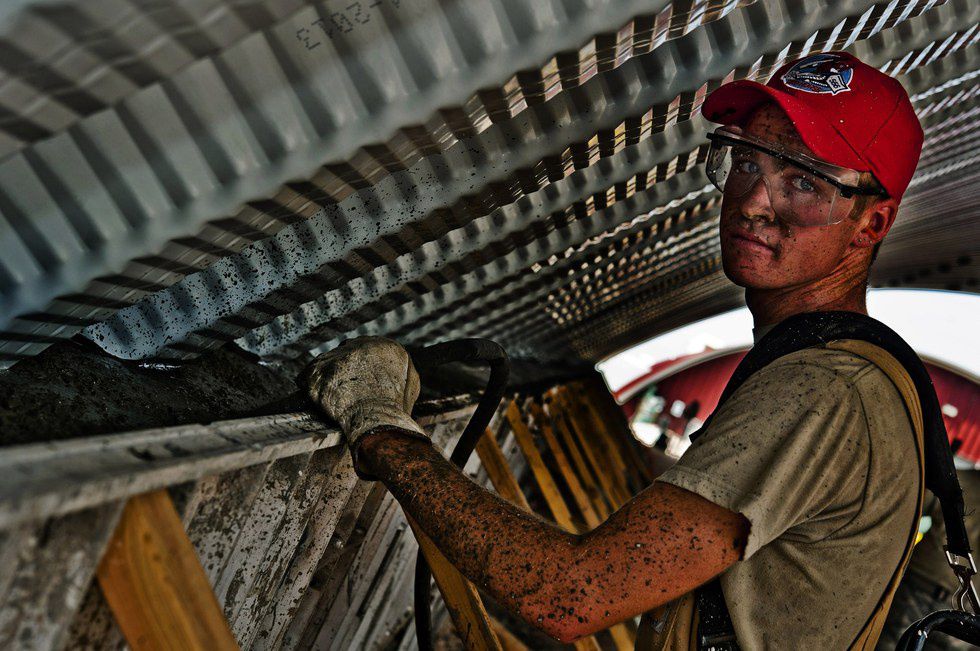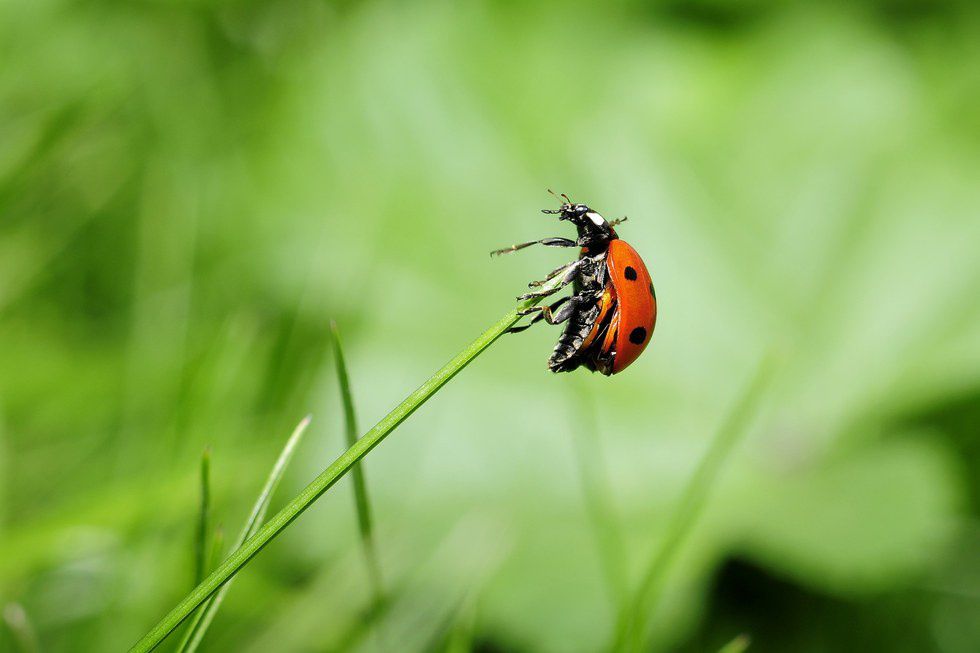The scene is a common one: you sit with a blank screen or canvas before you, itching for your hands to fly across it and create something from your heart that is profoundly inspiring—and yet, the only thing that is profound is how uninspired you currently are.
It’s a frequent problem experienced by anyone who enjoys being creative. It’s one that (most) people would do anything short of a blood sacrifice to alleviate.
Recommended for you
As a writer and an artist, there are a variety of things I’ve done over the years to try and overcome a lack of inspiration or motivation. These are some of the ones that I found have worked best:
1. Reading things by other people
After downing a few chapters of The Silmarillion, I’m filled with ideas for stories with high fantasy and new worlds. Reading classic literature inspires me in my own efforts and styles. Gorging myself on poetry makes me want to pen my own poetry about the human experience.
When we read works written by others, we are exposed to a hosts of different viewpoints, perceptions, subjects and styles. We are taken out of our own, limited worlds and placed into the life of another. This is a great way to expose ourselves to older, wiser authors who may inspire us to create something unique or something we normally would not think to do.
For those who do not write, this may inspire other avenues of creativity. Throughout the years, various painters and other kinds of artists have created something because they were inspired by while reading.
2. Finding someplace to appreciate art
Beauty is a fantastic muse. Therefore, it makes complete sense to go somewhere that beauty is celebrated.
Seeing other works of art can helps inspire unmotivated artists and even give them the desire to experiment with new styles or mediums.
Recently, I have been interested by paintings that use a lot of color, and found I really enjoy the styles and techniques associated with those paintings. The last piece I painted reflected a lot of those methods and through what I’ve seen, I’ve actually explored and entirely new style of art that I never thought I would.
3. Joining a group
Some forms of creative expression, like writing, have the reputation of being very solitary tasks. Quite frankly, I’ve found this to be both untrue and unhelpful.
Some people may disagree with me, which is fine. However, one of the most encouraging and unexpectedly productive experiences I’ve had occurred in the context of a creative writing group, where I felt loved, encouraged and prompted further in my writing. I was surrounded by beautiful, creative people who wrote equally beautiful, creative things. During that time, I wrote for a prompt with unexpectedly good results and received encouragement to continue a short story I am working on.
Likewise, I find painting more enjoyable when other people are around with whom to talk.
On the other hand, I often find that when I am lonely, writing is extremely difficult. While being alone and being lonely are two different things, being alone for long periods of time in order to write can often lead to my feeling lonely.
For others, I definitely recommend getting involved with a group of some sort. Even if it is just a few friends getting together to write villanelles, that setting can help more than a lot of people realize. It is an atmosphere that provides support, encouragement, diversity, inspiration and critique. And after all, how many great movements in the arts and literature owe much of their success to a group of peers being creative together?
4. Working
As weird as it sounds, I have found that working can actually help me write—and I mean the non-creative kind of work, but the “blue-collar” kind.
I like the feeling of being productive and doing things with my hands. I like moving around while I work. I like even the change from writing once in a while.
By the time I have gotten off my shift, all of the productivity has turned into more positive energy that I want to use to create something, generally a story.
As a side note, I recommend finding work that is personally satisfying. Work that is draining is just that, and will likely leave you too tired to do anything after it.
5. Doing chores
Similar to working, I’ve found that quiet tasks that don’t require much thought provide a nice break from writing as well as something to do with my hands while I think. All of that thinking eventually amounts into some ideas (I actually came up with the argument for my final paper freshmen year while washing dishes). To paraphrase Gail Carson Levine in Writing Magic, if you peel a hundred potatoes, you’ll have some ideas by the end of it.
6. Exercising
That’s right, you heard me: not “extra fries,” but “exercise.” Half of the time, I find myself so stir-crazy from sitting and trying to write that I am incapable of actually writing because of the pent-up energy and my need to move.
Besides, exercise leads to improved brain function. Science.
7. Experiencing nature
You don’t have to be a Romantic poet to enjoy nature and find inspiration in it. Like art, nature is full of life and beauty. Along with the flowers, grass, birds and trees, there are ideas living in it.
Much of the time, inspiration comes from perceiving something powerful outside of ourselves. Each of us lives in a massive world filled with creatures and creations entirely different from us. It is the perfect setting to be awed and amazed, and is the perfect subject to share with others as a result.
8. Staying off of social media

Seriously.
Don't.
9. Doing life
Really, creating anything comes from what we perceive and experience. We can’t do either of those things without a world, people and creatures with which to experience it. As much as creativity often involves thinking and introspection, we must recognize that there is a big world outside of us that is even bigger than our little microcosms. We can pretend we are the only ones that exist, and thereby limit our interactions and experiences, but we are limiting our work in the same stroke.
Go out, meet people, enjoy nature, find God, take care of your mind and body, receive the wisdom of others, soak in life’s beauty and—make beautiful work.

























